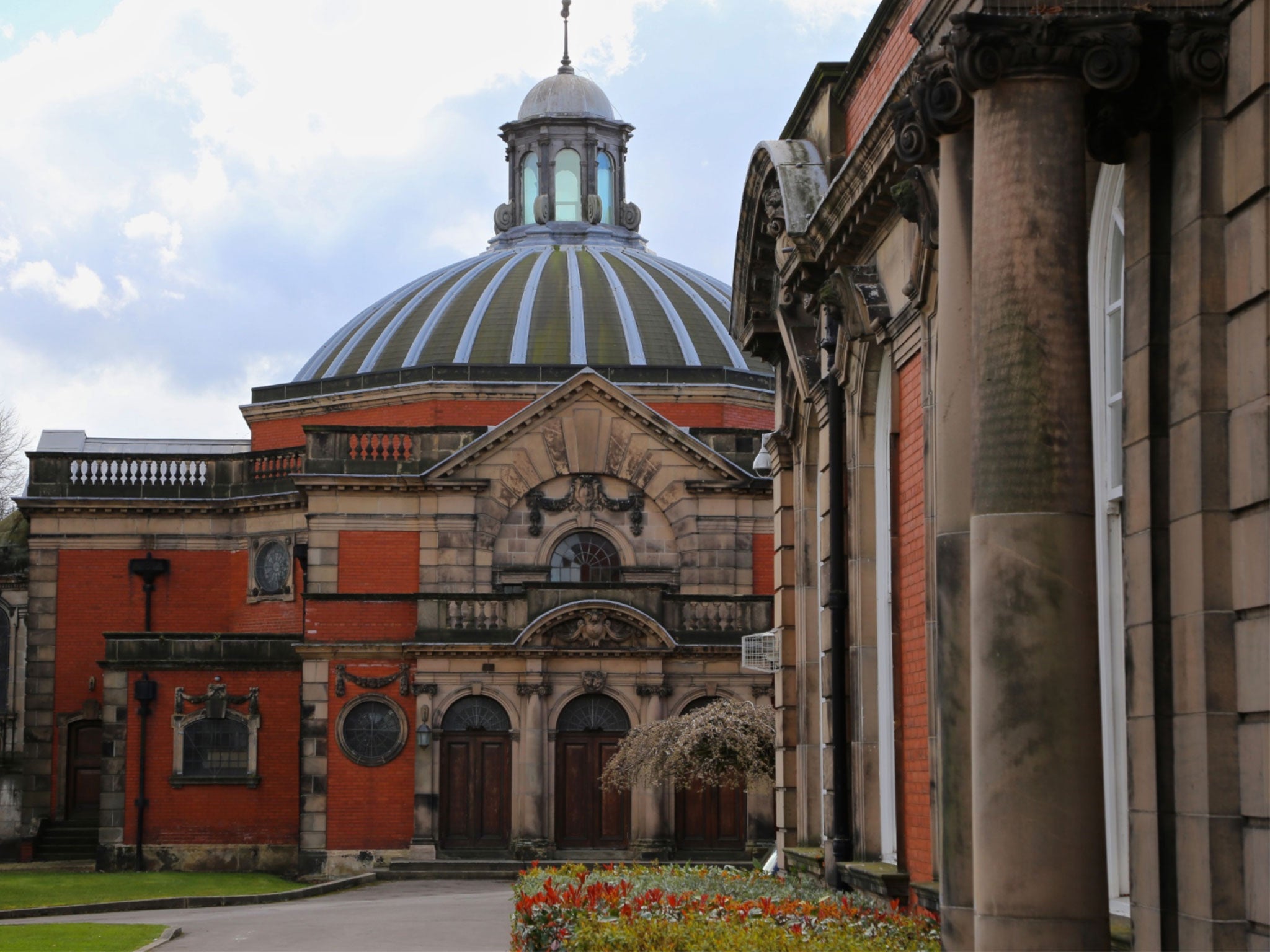Grammar schools scramble to change admissions policies to prioritise poor pupils ahead of government push
At least 50 of the selective schools say they will give poorer pupils some priority for the first time in next year's admissions process

Your support helps us to tell the story
From reproductive rights to climate change to Big Tech, The Independent is on the ground when the story is developing. Whether it's investigating the financials of Elon Musk's pro-Trump PAC or producing our latest documentary, 'The A Word', which shines a light on the American women fighting for reproductive rights, we know how important it is to parse out the facts from the messaging.
At such a critical moment in US history, we need reporters on the ground. Your donation allows us to keep sending journalists to speak to both sides of the story.
The Independent is trusted by Americans across the entire political spectrum. And unlike many other quality news outlets, we choose not to lock Americans out of our reporting and analysis with paywalls. We believe quality journalism should be available to everyone, paid for by those who can afford it.
Your support makes all the difference.More than a third of existing grammar schools in England are to change their admissions procedures to take in more children from disadvantaged backgrounds, new analysis reveals.
According to TES magazine, at least 50 of the selective schools will give poorer pupils some priority for the first time in 2018, or further relax existing entrance requirements for these children.
The move follows recent government proposals to require existing selective schools including grammars to become more “representative of their local communities”, but many school heads say they have already begun the process.
While social mobility campaigners said they welcomed the news, it has been argued that making active changes to improve inclusivity is something all grammars should already be working towards.
A report published earlier this month by social integration charity The Challenge reported grammar schools to be of the most socially segregated learning institutions in the country.
Almost all of the selective schools (98 per cent) were found to take in very low numbers of children on free school meals (FSM) – a common indicator of poverty - a situation researchers said was worsening in some areas.
To address the problem, which has been highlighted by campaigners for a number of years, the government said in its Green Paper that it wanted all existing grammar schools to give priority to poorer pupils in their oversubscription criteria.
The Times also reported that existing grammars may be required to offer lower pass marks for poorer children taking the 11-plus entrance exam.
TES analysis of grammar school admissions procedures suggests that a growing number of the schools are making active changes to improve social mobility before any new rules are brought in, however.
Of the 138 grammar schools that have already published their 2018-19 admissions policies, almost three-quarters (72 per cent) are set to give some degree of priority to disadvantaged pupils.
From September 2018, the top-ranking Liverpool Blue Coat School will have a slightly lower entrance pass mark for up to 27 FSM pupils.
Head teacher Mike Pennington told TES: “Social mobility in Liverpool is a massively important thing for us to tackle and to face up to, and to be prepared to try things that are going to change it.“
Sir Peter Lampl, Founder and Chairman of the Sutton Trust, said: “Our research shows that far too few low and moderate income pupils get into existing grammar schools.
"I therefore welcome the fact that more than a third are doing something to address this. However, all grammar schools can and should do more to attract these pupils.
"It’s important that we get fairer admissions policies right in existing grammar schools before starting new ones.“
Join our commenting forum
Join thought-provoking conversations, follow other Independent readers and see their replies
Comments